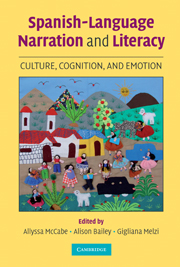1 - Introduction
Published online by Cambridge University Press: 05 June 2012
Summary
A first task is to define the term used to describe the individuals we are talking about in this book. The primary term we have chosen is Latino; as the broadest and most inclusive term (Suárez-Orozco & Páez, 2002), it reflects the complex issues involved in the identities of Spanish-speaking people – issues such as citizenship, ethnicity, race, native language(s), politics, gender, social class, and generation. The term Latino has all too often been used in American research to refer exclusively to individuals immigrating to the United States from a country in the Spanish-speaking regions of the Americas and the Caribbean. Instead, in this book we are expanding the use of the term to also include individuals who are still living in their country of origin across Spanish-speaking Latin America. In this way, we align ourselves with the use of the term Latino in Latin America itself (i.e., as an abbreviation of Latino Americano). In choosing the primary term Latino, we in no way mean to minimize the ethnic, political, social preference, and ideological orientations of individual authors and/or Spanish-speaking communities across the United States who may call themselves Chicano, Hispanic, Mexicano/Mejicano, and so forth. For an insightful personal discussion of these nomenclature issues, see Shorris (1992).
The common thread of the contributions to this volume is that they portray the development of narrative in Spanish either in monolingual or bilingual settings.
- Type
- Chapter
- Information
- Spanish-Language Narration and LiteracyCulture, Cognition, and Emotion, pp. 1 - 2Publisher: Cambridge University PressPrint publication year: 2008
References
- 1
- Cited by



